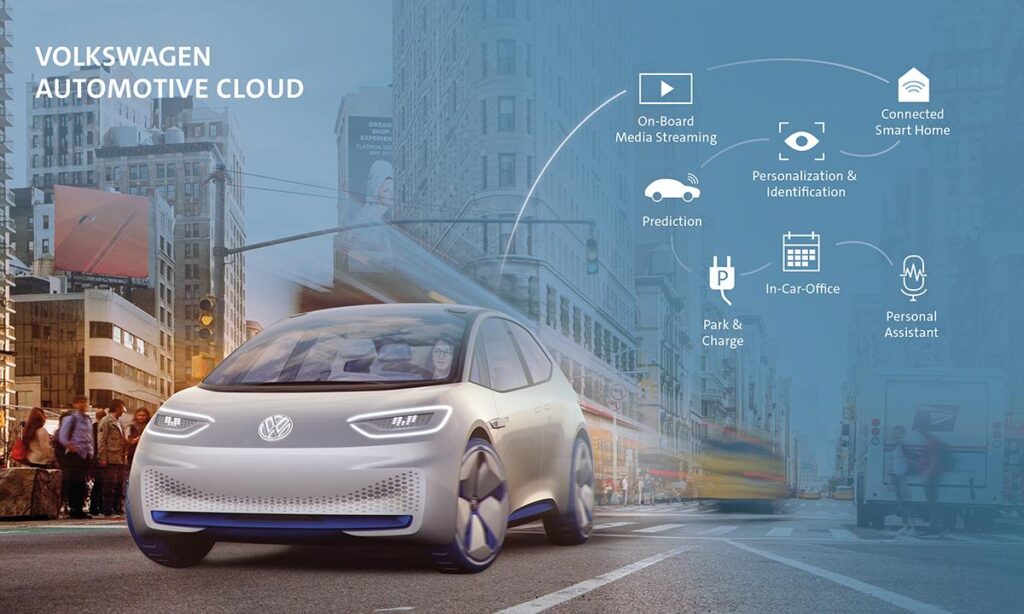Volkswagen Partners With Azure To Drive Transportation Innovations
Volkswagen’s recent announcement of its decision to build its automotive cloud platform on Microsoft Azure is yet another example of the types of tech-driven innovation efforts that transportation leaders are taking to position themselves as customer experience leaders.
The objective of Volkswagen Automotive Cloud is to transform the company to a digital-services-driven business. While the initial plays will be to create in-car digital customer experiences, its digital platform looks to extend telematic, productivity, and mobility services across all its brands and offerings. As Tesla, GM, Ford (see Forrester’s webinar on Ford innovation), and many others have already done, Volkswagen is acknowledging that the future of transportation is revolutionizing thanks to autonomous vehicles, services such as Lyft and GoBike, and customer lifestyle changes via mobile apps and services (see Forrester’s Levi Strauss & Co. case study).

To help drive agile development of its innovation platform, and to shield it from potential tactically focused employee barriers, Volkswagen is establishing a new office in Redmond, WA that will be governed by an executive council of business and technical leaders from both it and Microsoft to drive this software effort. Volkswagen, like many other leading automakers, has recently purchased a collection of software companies to help it make the shift from physical to virtual-service values.
Like other companies we have documented that are building out digital business platforms, Volkswagen is very focused on not just creating its own services but empowering its ecosystem and customers via the platform. Microsoft, which is co-investing in this effort, certainly wants to empower this vendor community but also sees the value of ensuring that the Azure aspects of this help it evolve into a vendor-agnostic platform play. Doing so will drive significantly more value for its customer base and the broad transportation ecosystem. For example, a clear, high-importance aspect of modern transportation is traffic insights — vehicle-to-vehicle sensor data sharing — that helps each vehicle optimize its commute time, avoid accidents, and maximize its value to the passenger/driver. This value declines significantly if the only cars talking to each other are Volkswagens.
As of October 11, Volkswagen’s own Audi division announced a partnership with Huawei to drive intelligent connected vehicles in China. “Although the current emphasis in the Huawei/Audi story is on Huawei’s ‘mobile data center’ in the car, you can pretty much guarantee that the off-car heavy lifting will be done in the Huawei cloud, not Azure,” said Forrester Senior Analyst Paul Miller.
While building out a digital platform can certainly facilitate collaborative new value creations by the ecosystem leveraging it, the creation of the platform itself doesn’t ensure that Volkswagen becomes an automotive innovation leader. This is more of a fast-follower move, as we’ve seen similar efforts to create platform values by Ericsson (being leveraged today by Volvo), Ford, GM, and others.
Thus, it’s best to characterize this move by Volkswagen as a digital disruptor response, which is a very common tech-driven innovation type. Like this one, tech-driven innovations are a high-priority theme in the automotive industry today. For a look at what other types of innovations are happening in this market today, please read my and Frank Gillett’s latest report.